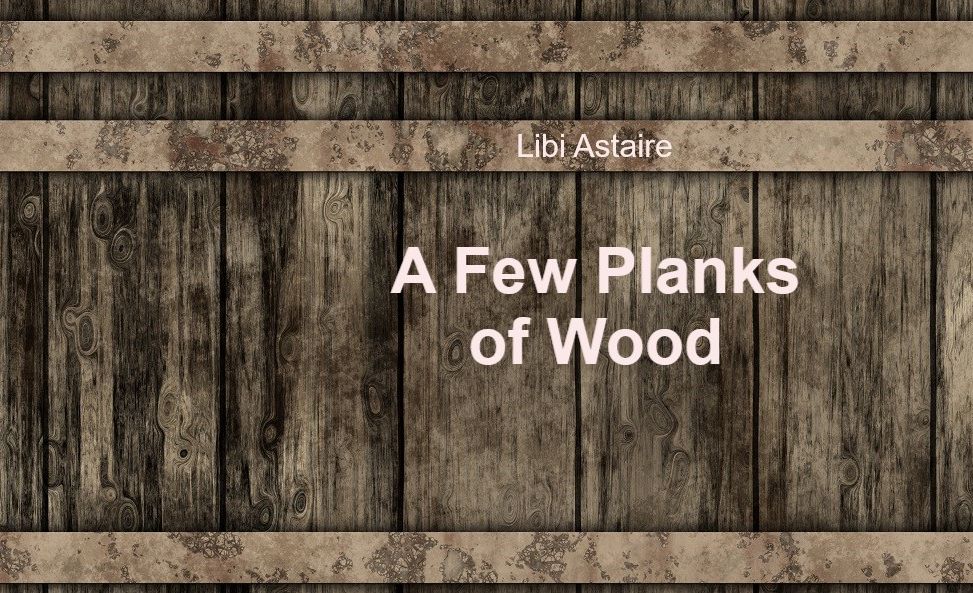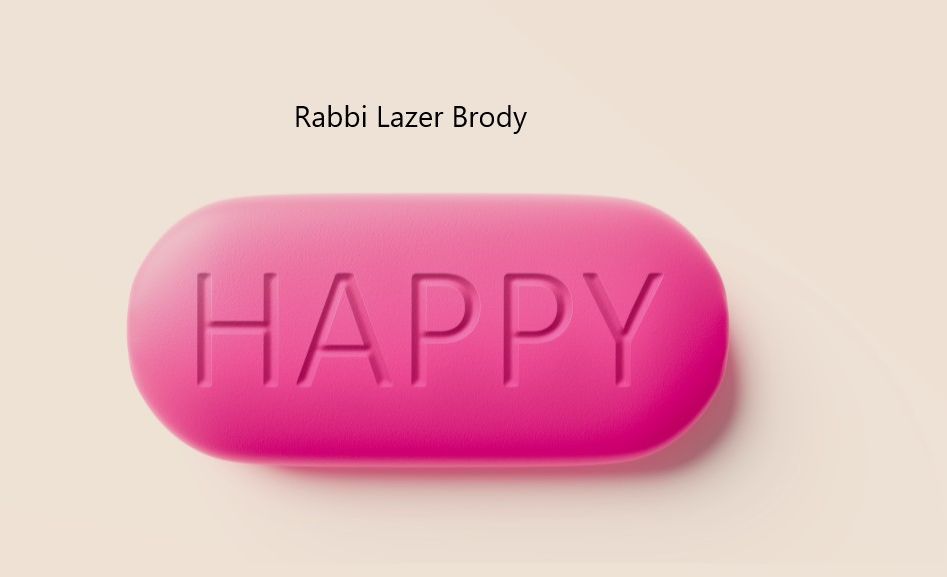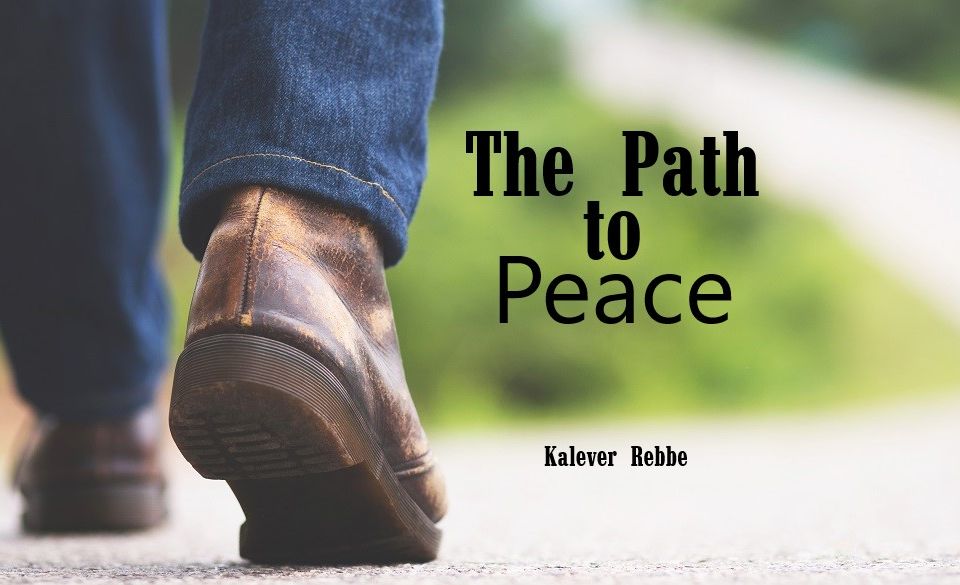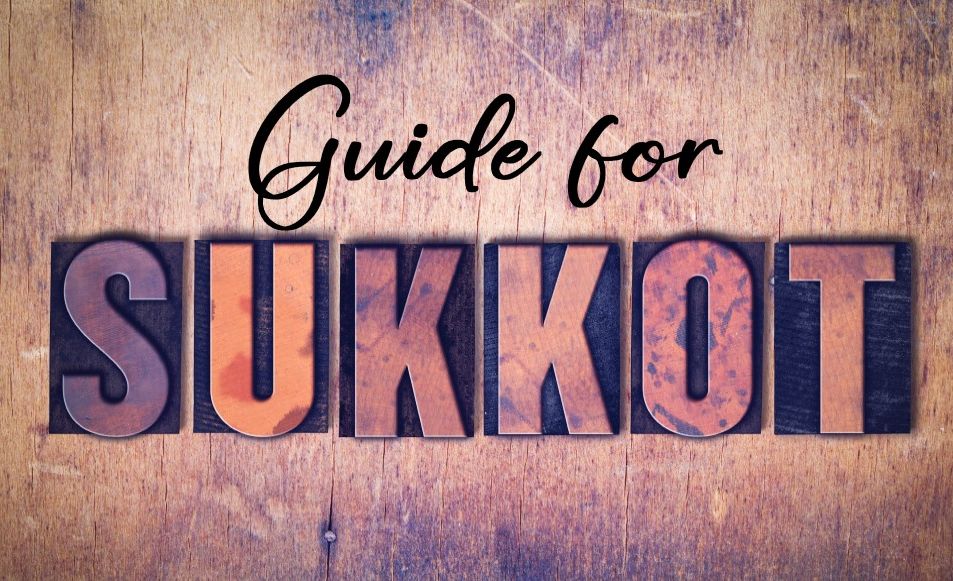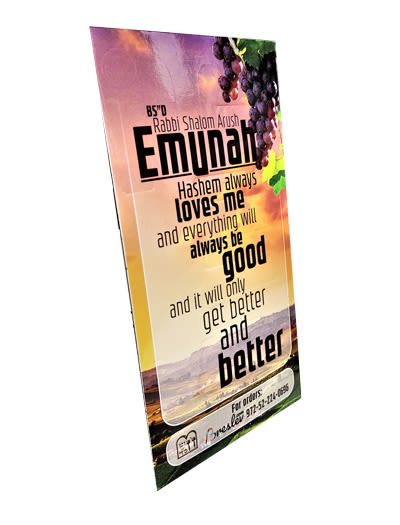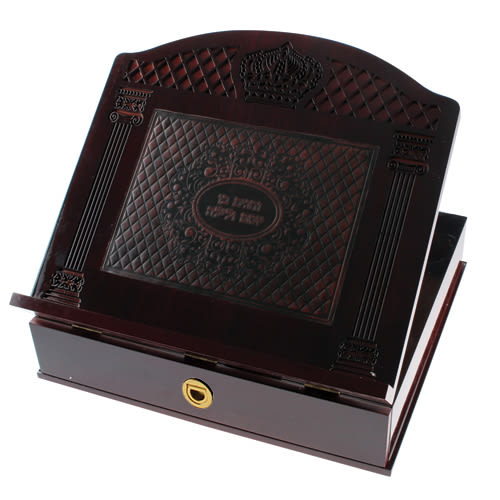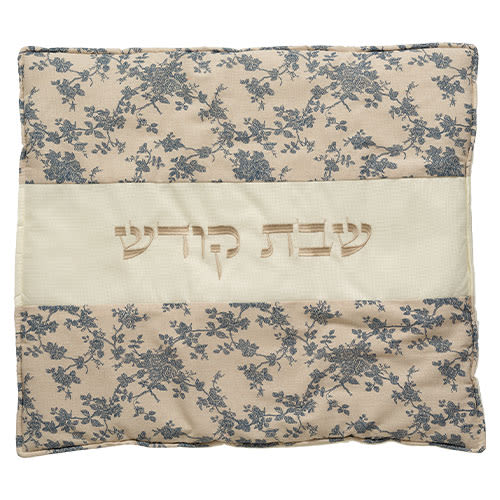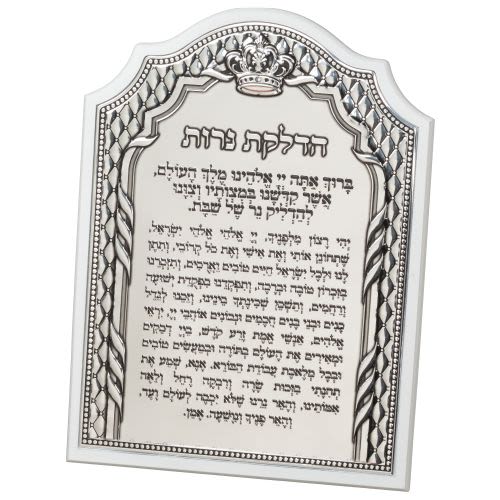
Restart
From Rosh Chodesh Elul until Yom Kippur we all become so forgiving to everyone. But what happens the day after? That’s when we have to restart, once again…

Translated by Chana Cohen
From Rosh Chodesh Elul until Yom Kippur we all become so forgiving and pleasant to everyone around us. But what happens the day after? That’s when we have to restart, once again.
On Erev Yom Kippur, social media is filled with wonderful expressions of love and forgiveness. This kind of day comes only once a year and everyone grabs the opportunity.
But what happens the next day?
We get depressed and sad.
That’s when we need to reload and restart.
From Rosh Chodesh Elul until Yom Kippur we all become so sweet, so pleasant and forgiving. On Yom Kippur our souls reach such an incredible height that the lack of food doesn’t bother us at all. On the contrary, it strengthens us and helps us connect to our intense spiritual longings in an incredible way.
This spiritual high continues up until Sukkot time.
Once Sukkot comes, fall has already arrived. Light clouds roll in, maybe a few drops of rain. Maybe more than a few drops. Our hearts feel cloudy. Thoughts and judgements surround us.
Once Sukkot approaches, after we have done deep and comprehensive soul-searching on Rosh Hashanah and Yom Kippur, after we have prepared ourselves for a fresh new start, we get into a new zone. Between setting up the walls of the Sukkah and putting up the decorations, we judge our friends and acquaintances and suddenly we begin to wonder: “Wait a minute, why exactly did I forgive them?”
No, we have no desire to forgive them for what they did!
We have no obligation to forgive them!
And so we sit there and ruminate, counting the reasons why we aren’t obligated to forgive anyone.
She spoke badly about me.
She humiliated me.
Wait, she never even asked me for forgiveness…
She hates me.
She knows how much I suffered and she doesn’t even care…
And so, we sit there and count and recount all the justifications to not grant anyone forgiveness.
We feel justified, but at the same time sad and very frustrated.
We look around at the Sukkah, ready to be assembled. At the decorations, ready to be hung up.
We take a good look at ourselves.
Our hearts feel so cloudy. The sky looks so cloudy.
It’s a good thing we have a sukkah. A sukkah that shields us, that hides us. It hides our smallness. We leave our all-too- familiar physicality behind and enter this temporary dwelling. A dwelling made of sheets with paper decorations. It’s temporary, fragile and not attached very strongly to the ground. Just like our lives.
It’s important to remember the essence of Yom Kippur when we lose our way. To remember that holiest day of the year, that day of all-encompassing love, of so much forgiveness. Of unity and connection to all Jews, everywhere. On that day we purified ourselves from within and we firmly resolved to start fresh.
We need to remember our reset button.
Within the walls and paper decorations, within the very temporary nature of our lives in This World, everything else becomes small and not very important. On the walls of the sukkah where we sit for a while before we go back to our familiar routine, we have a beautiful picture hanging. The following verse is written on it: “You shall rejoice on your festivals, and you shall be fully happy.”
We press “Restart”, we reload. We take a deep breath, and in our hearts the sky clears. Our hearts fill with joy. It was cloudy for a moment, and it passed already.


